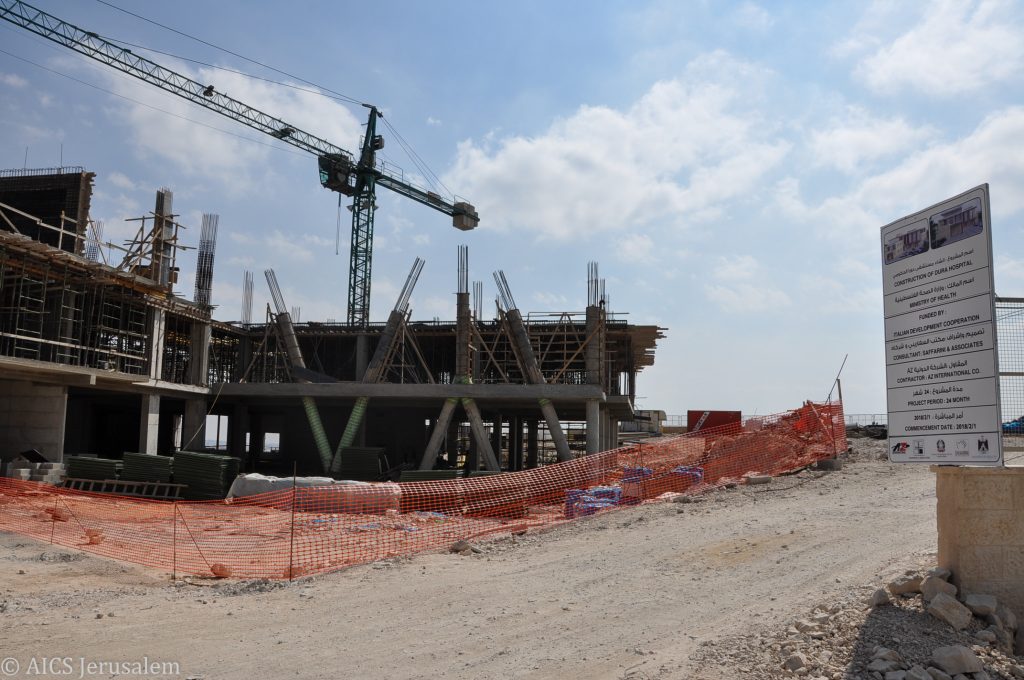The Italian health programme is structured in three main ongoing bilateral initiatives - POSIT, CRONO and RING - aimed at supporting both the budget of the Ministry of Health and the construction of hospital facilities, the renovation of entire wards, the supply of biomedical material and equipment, professional training and technical assistance directed at both the Ministry of Health and health personnel to improve the quality of medical services. The initiatives have a particular focus on the prevention, diagnosis and treatment of chronic non-communicable diseases including cancer, diabetes and cardiovascular diseases, as well as interventions in maternal and child health, disability and family medicine. A significant component of the programme also focuses on mental health, aimed at training mental health workers at Bethlehem Psychiatric Hospital and Community Mental Health Centres (CMHCs) in the West Bank, and setting up a social cooperative at Bethlehem Psychiatric Hospital. In 2021, an additional initiative to strengthen the surgical and paediatric specialist services at Halhoul Hospital started on the bilateral channel, with a total budget of € 3,822,600.
On the multilateral channel, the partnership with WHO continues through a three-year programme that aims to reduce the preventable and avoidable burden of morbidity and mortality in Palestine by strengthening the emergency-urgency system and preparedness at all levels of care.
Other components of the Health programme include a € 10 million aid credit for the construction of two hospitals in the Hebron Governorate; the Italian participation in the European PEGASE programme (since 2008) to support six hospitals in East Jerusalem; and the HAEMO-PAL project to develop the network of centres for the treatment of haemophilia, congenital haemorrhagic diseases, thalassaemia and other haemoglobinopathies.
AICS Jerusalem holds, since 2019, the role of co-chair together with the Ministry of Health (chair) and WHO (technical support) in LACS, a coordination board to improve aid effectiveness, in parallel with the European joint programming exercise framed by two key documents: the European Union Joint Strategy 2021-2024 (under approval) and the National Policy Agenda 2017-2022. In addition to these two programming documents, the European Union is jointly working on the Nexus (Humanitarian - Development - Peace), within which Italy has the leading role as regards the Technical Task Force for the Health sector, and on the ROF (Results-Oriented Framework) for which Italy plays a coordinating role for the health sector.

The new Dura Hospital, Hebron's Governorate, will be finished in 2020.
